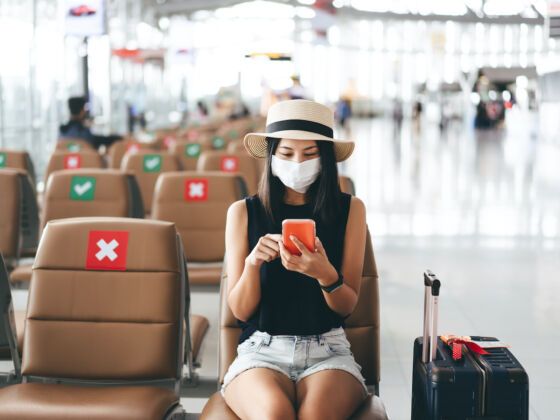It’s a dangerous gamble to declare that the pandemic is “over” or that travel has “returned.” Of course, there have been encouraging signs the past few months. The EU recently recommended that its member states open their borders to US travelers, domestic travel has rebounded close to 2019 levels, and the country seems to be slowly emerging from the economic, physical, and emotional morass of the pandemic.
But as with all roads to recovery, the US comeback from COVID-19 is plagued by obstacles — most notably the highly transmissible Delta variant. Now the dominant strain of COVID-19 in the US, Delta is causing many around the country to dust off their masks and reconsider their travel plans. While health and safety are paramount, and you should always evaluate your personal risk level before booking a flight, the new variant doesn’t mean you have to put your travel plans on hold.
